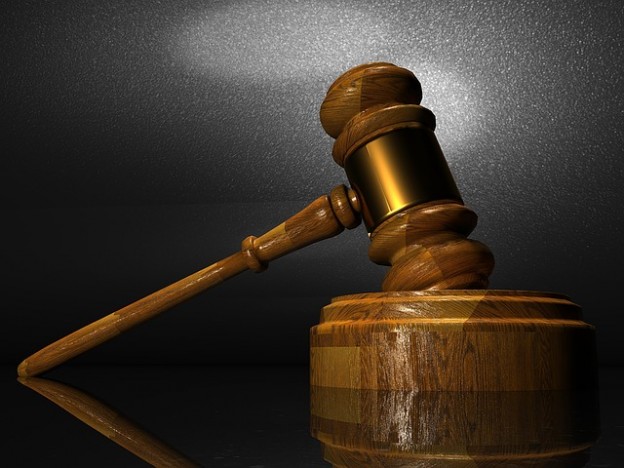Adam M Smith Answers Your Grand Jury Question
How much do you really know about the legal proceedings here in this country? You may think that you understand the general ins-and-outs but one aspect which many admit to knowing very little about is a Grand Jury, what its purpose is, whether it is a state or district practice and how the men and women are selected to be on the jury. Well in June I was lucky enough to speak to legal guru Adam M Smith, who was more than happy to answer the abundance of questions which I threw at him about a Grand jury, and here are the answers.
Quick Explanation
The quick explanation of what a grand jury is can be described simply as a hearing which will decide upon whether or not there is enough probable cause to take a case to trial. The grand jury was conceived in order to minimize back ups in the court rooms for cases which didn’t warrant a trial.
Difference From Preliminary Hearing?
A grand jury and a preliminary hearing do the same job, albeit in very different ways. States are entitled to use either process here, but most seem to prefer to use a preliminary hearing rather than a grand jury. The key differences are that with a grand jury there is no judge present nor is there a lawyer from the defense. The public are freely allowed to watch a preliminary hearing but this is not allowed in the case of the grand jury.
How do They Pick The Jury?
The jury is selected in the same way that it is for any normal court proceedings with men and women who are randomly selected from a database, assuming that they fit the criteria for a juror. Unlike in the normal proceedings however, a jury in the grand jury can be as many as 23 people, rather than the 12 that a normal jury will use.
Proceedings Details?
During these proceedings the prosecution will present to the jury all of the reasons why they believe that the accused should be indicted and made to stand trial. During the grand jury hearings much evidence and exhibits will be presented and if necessary the prosecution will call forward their witnesses to give testimonies, all of which will help to bolster the argument for the prosecution.
Is The Decision Final?
In order to take the accused to trial the grand jury must have a majority in favor of indictment of either 2/3 or 3/4. Even if the grand jury decide against taking the case to trial, if the prosecutor believes that they have a strong case which will stand up in a trial, they can still push for the case to go to trial, but this will become a far more drawn out process than if the grand jury votes indict straight away.
Hopefully that has answered all of your questions about a grand jury.
Author: James Daniel















